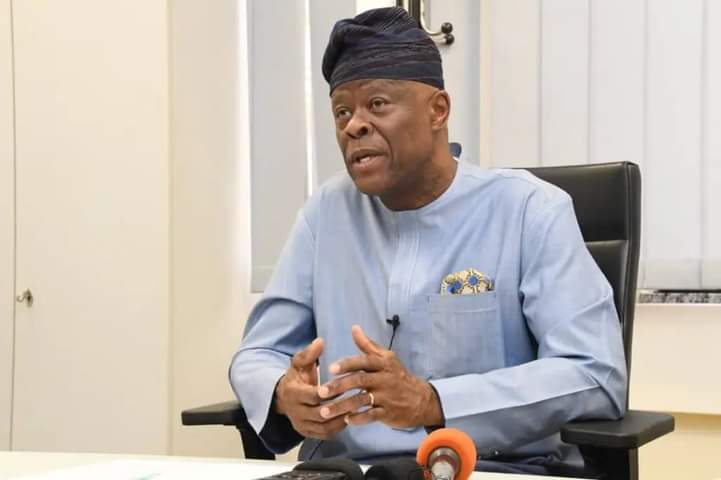The Federal Government has injected ₦1 trillion in palliatives into the manufacturing sector over the past year, Finance Minister and Coordinating Minister of the Economy, Wale Edun, disclosed yesterday.
Federal Inland Revenue Service (FIRS) Chairman, Mr. Zacch Adedeji, also announced the implementation of an accelerated stabilization fund aimed at revitalizing the manufacturing sector. This fund is separate from various legacy projects designed to enhance sector infrastructure and viability.
Edun and Adedeji shared these updates during an interactive session on the Finance Act (Amendment) Bill 2024, organized by Senator Sani Musa (APC Niger East) and the National Assembly’s joint finance committee.
Responding to committee members’ requests to consider the manufacturing sector as a beneficiary of the proposed windfall tax on bank foreign profits, Edun highlighted the government’s existing support. “Palliatives worth ₦1 trillion have been injected into the manufacturing sector within the last year, yielding positive results,” Edun stated.
Adedeji elaborated on the proposed one-time windfall tax, emphasizing its role in wealth redistribution and its benefits to various sectors. He detailed strategic initiatives under President Bola Tinubu’s administration aimed at boosting the manufacturing sector. “Accelerated stabilization funds and legacy projects are already being deployed to make the sector more vibrant and viable,” Adedeji said.
He highlighted key infrastructure projects, such as the Badagry-Sokoto Highway, which will reduce travel time between Badagry and Sokoto to 11 hours, and the Lagos-Calabar Coastal Highway, which aims to enhance connectivity crucial for the manufacturing sector’s revival.
“President Tinubu’s economic plan for the manufacturing sector is very robust,” Adedeji added.
The session ended without a resolution on the percentage share of the windfall tax between the federal government and banks. President Tinubu’s executive bill proposed a 50% sharing formula, which some committee members suggested should be revised upward.
